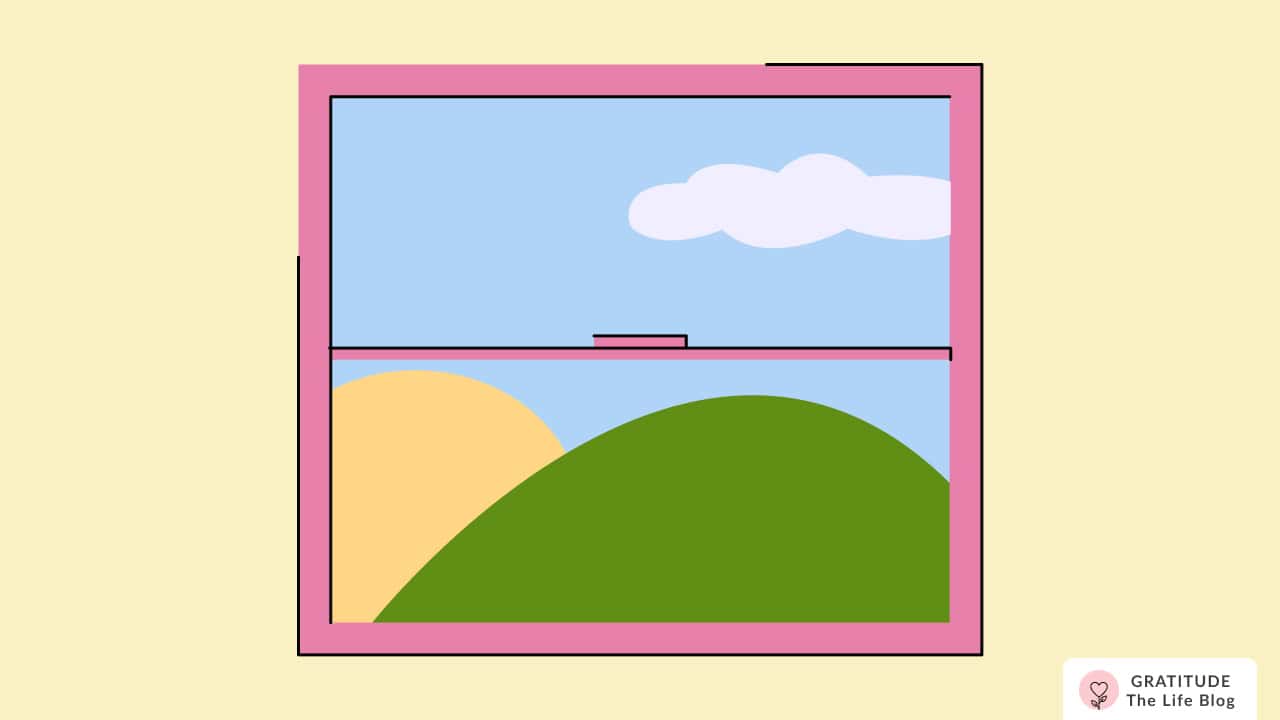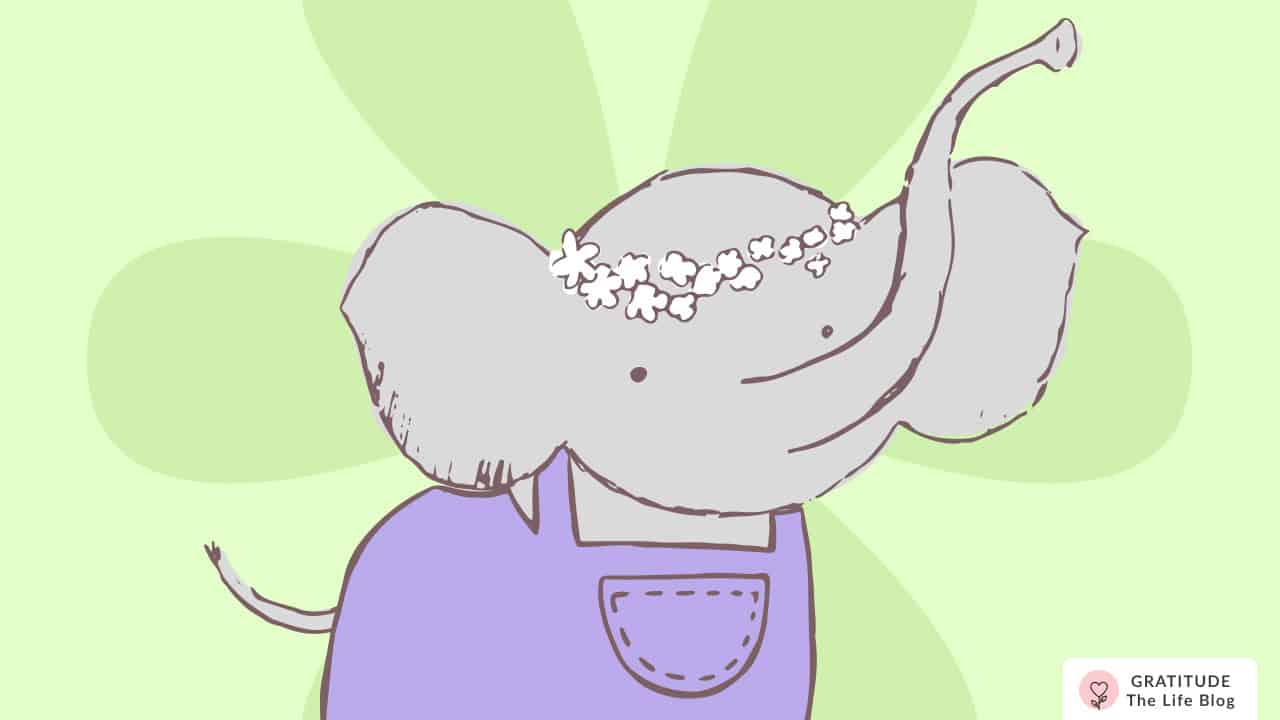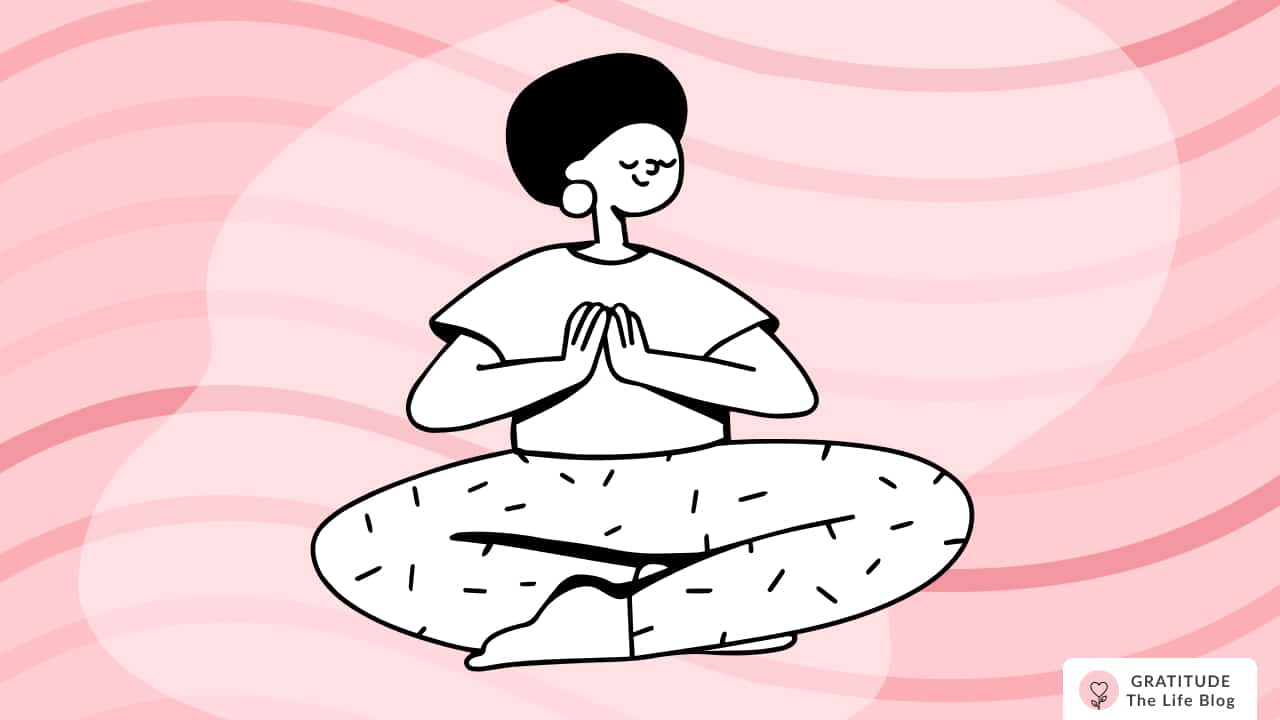7 Easy Ways to Stop Overthinking Once and For All
In this post, let’s learn how to stop overthinking and make the experience of living much more delightful.

“Don't get too deep, it leads to overthinking, and overthinking leads to problems that don’t even exist in the first place.”
– Jayson Engay
The meaning of overthinking is “to think too much for too long.” Let's learn how to stop overthinking.
Being someone who has struggled with letting her thoughts get the best of her, overthinking is horrible. Learning how to stop overthinking is essential.
It is a widely known concept. There are many articles and posts with self-deprecating humor on how overthinking diminishes day-to-day life experience and creates problems instead of solving the existing ones (if any), but it still doesn’t seem to be going anywhere.
Cons of Overthinking
- It obsessively focuses on problems, not solutions
- Creates uncertainty and fear
- Leads to self-doubt
- Causes excessive worrying
- Removes mind from the present
- Delays decision-making or fosters poor ones
- Lack of sound sleep and calm head-space
When left unchecked, it becomes part of our behavior and wastes tremendous time and energy. Just because it’s common doesn’t reduce its negative implications.
Overcoming this troublesome habit would be beneficial for so many and greatly improve how we tackle any situation.
How to Stop Overthinking
- Don’t affirm that you’re an overthinker
- Pull yourself to the present
- Express your thoughts
- Shift your mindset to think constructively
- Focus on what you can do
- Divert your energy towards helpful activities
- Hold yourself accountable
1. Don’t affirm that you are an overthinker
While we must accept ourselves as we are, we should keep track of how we talk to ourselves. Statements like,
- “Oh, I overthink all the time.”
- “Overthinking is how I think.”
- “I’m such an overthinker”
will make you stay the same. As they say, “Be careful of what you say to yourself because you are listening.”
If you tell yourself that you indeed are an overthinker, it will become more challenging for you to break away from that behavior.
Instead, use positive affirmations such as,
- “I am in control of my thoughts.”
- “I have peace of mind.”
- “My mind is calm and positive.”
Related: 100 Self-Love Affirmations for Higher Self-Esteem
2. Pull yourself to the present
Okay, this might be the most important step of all. If there is one thing that I suggest you inculcate in yourself, it’s this.
We all know that all we have is now and that we should live in the present, but how do we do that? When your brain is spiraling from one possibility to another, how do we make it stop?
Here’s what I do:
1. As soon as I start feeling negative by my thoughts, in the form of worry, fear, stress, doubt, or overwhelm, I say out loud, “Stop. This is not helping.”
2. Then, I ask questions to bring myself where I really am. I notice the objects and atmosphere around me. I acknowledge what I am doing.
This is how my inner monologue can sound right now: I am in my room, sitting on the bed. My dog is lying next to the sofa. The mattress is comfortable. Wind from the ceiling fan is coolly touching my skin, I hear its sound.
There is a painted bottle on my bedside table. It’s white and purple, with leaves on it. The curtains are blue and softly swaying. The light is dim. I can hear my mother putting down some bowls on the kitchen table. I hear the sound of plastic wrappers crunching.
I notice any tension that I could be feeling in my body. I ask myself what is happening right at this moment. Not what is on my mind, but what is happening around me.
This helps me calm down and realize that all the stress I feel is a product of my thoughts and nothing else. This activity always helps me return to the here and now. In fact, it did so at this very moment.
3. I then take a deeeeeeep breath. And another one. And another one. Until my head feels lighter. I then say, “I am here. My mind is here. Everything is okay.”
Related: 6 Simple Tips to Live a Simple Life
3. Express your thoughts
Another helpful way is to put your thoughts out there. If journaling is something that works for you, go ahead and write about all the thoughts you’re having.
I often hear my friends say that they don’t know what to write or how to begin. I think they expect fully understandable sentences and cohesive paragraphs. But, journaling is not about professional writing.
Just go ahead and write broken misspelled words, in bad handwriting, only phrases, it depends on how your mind’s situation is. The way our thoughts are not linear or perfectly formed when overthinking, how we write then is also similar.
Or, you can talk to a reliable friend that you know will empathize but also be rational. During these times, we need someone to ring the bell when our cycle of thoughts becomes toxic and needs to be steered away from dangerous waters. They might also offer you helpful advice on what you can do.
Related: 8 Ways to Worry Less
4. Shift your mindset to think constructively
It’s all about perspective, right? It’s how we approach and respond to any given situation that determines how it’ll play out in our lives. It’s reshaping our thoughts to focus on the more helpful and human side.
Let’s look at some examples here:
- Instead of thinking, “I see many problems here,” think, “I see many opportunities to improve here.”
- Instead of thinking, “I don’t think I’ll be happy again,” think, “Happiness is coming to me and I’ll do what I can to receive it.”
- Instead of thinking, “I don’t think I’ll succeed at this,” think, “Other people have achieved what I want to. I can do it too.”
- Instead of thinking, “I feel negative all the time,” think, “I am struggling but I know I can change this, and I will.”
- Instead of thinking, “Nothing is getting better,” think, “These are really tough times and I know I’ll move past them.”
- Instead of thinking, “I must stay positive!” think, “I must stay true and human.”
For more mindset switch ideas like this, download the Gratitude app where we post new ways to ‘Think Better’ every day.
Related: How To Use Gratitude to Reframe Your Mindset and Think Positively (With Examples)
5. Focus on what you can do
Many times, what we overthink about is a thing of the past, or prediction about the future, or an idea that holds no ground.
But, sometimes it can be about real problems. In such cases, it’s best to put your mind to action and do what needs to be done.
Look for the solutions and see how you can implement them. Leave no space for you to wonder and think of what could’ve been.
6. Divert your energy towards helpful activities
This means to do anything that gets you out of this zone. Distract yourself by doing things that you enjoy. Divert the energy that goes into continuously thinking to something that will clear your mind and make you feel better.
It can be going out for a walk, driving, biking, exercising, painting, helping out someone, watching funny videos, cooking, starting a DIY project, anything that you like.
Another suggestion is to meditate for at least 5-10 minutes every day. It helps a lot in removing mental clutter and being present.
Something that has helped me and all of the users of our Gratitude app is finding things to be grateful for and jotting them down in your gratitude journal.
The practice of gratitude makes you aware of what you already have, all the blessings that you might be taking for granted, and being mindful about appreciating them.
When we overthink, we think about what could’ve been or what should’ve been, and gratitude brings us to what is.
Related: Our Top Tips for Your Emotional Well-Being
7. Hold yourself accountable
If you’re someone that overthinks, you know that it is a recurrent activity. When you fall prey to it again, ask yourself some questions:
- The last time when I was overthinking about something, were my doubts valid? Did the situation turn out as I anticipated or did I magnify the problem?
- Will this matter to me in 5 to 10 years? Will it matter to me after a month even?
- How will obsessively thinking about something that is out of my control help me?
- Can I do something about this? If yes, what’s stopping me?
These questions help in understanding the reality of what is there and how different it is from our line of chaotic thoughts.
And, that’s all for now!
Overthinking is a problem that I am positive can be solved with intention and mindfulness. It won’t happen in a day. Slowly but surely, we’ll get there.
We only have this one life, and if we can help ourselves live each day as calmly as possible, it will make the experience of living much more delightful.
I wish you a beautiful day! Thanks for being here :)
Read Next: Tips to Free Yourself from Self-Doubt































